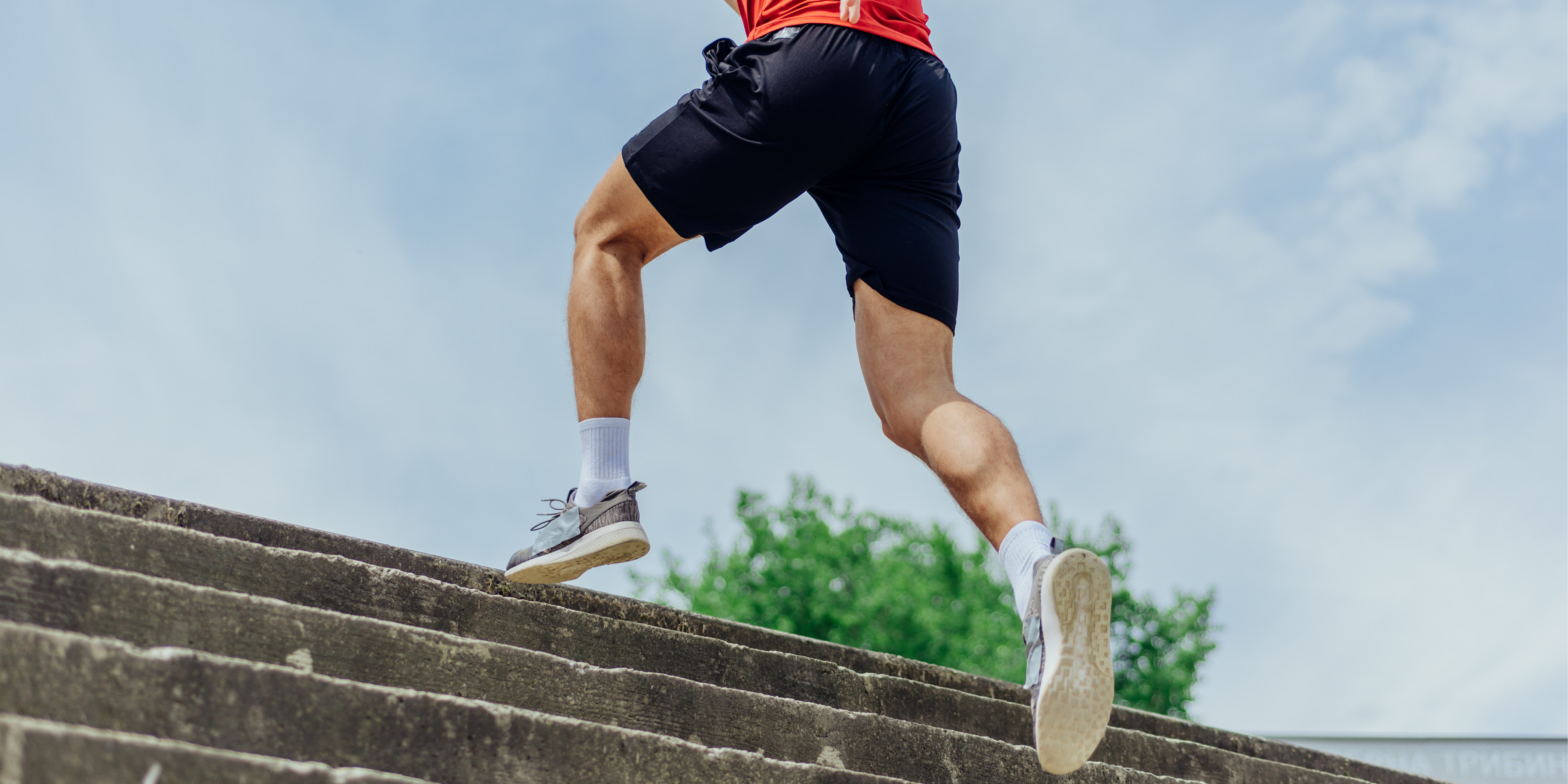More intense physical activity will help you live longer
As a general rule, regular physical activity is healthy. A research team from the University of Basel has now found that the intensity of the activity impacts the mortality risk.
15 October 2024 | Olivia Fischer
Longevity is all the rage: we all want to live as long as possible while staying healthy. That’s why the internet is abuzz with tips on how to achieve this “longevity”, be it through fasting, healthy eating, sweat-inducing workouts, yoga or perhaps even meditation. And the scientific community is also concerned with questions of longevity: a team of researchers led by Fabian Schwendinger from the Department of Sport, Exercise and Health at the University of Basel has investigated how the type of sporting activity a person does is related to mortality. Their findings were published in the European Journal of Preventive Cardiology.
The study shows that mortality decreases meaningfully when physical activity is carried out with higher intensity. This finding is interesting, because research and the general public have so far focused more on the duration of sport and physical activity. The study thus breaks with the idea that longer exercise sessions are always the best solution to staying fit.
Training for the heart and lungs
For their study, the researchers examined a data set of more than 7,000 people from the USA. All of the participants wore an accelerometer for one week. Similar to a smartwatch, this measures the accelerations that a person generates in everyday life, allowing conclusions to be drawn about their activity. The researchers then evaluated the data obtained down to the second and were thus able to determine that the intensity has a positive effect on longevity. The faster and more dynamically a movement such as walking is performed, the more intense the activity.
Researcher Fabian Schwendinger explains, “Higher intensity stimulates the cardiovascular system more. This improves vascular function and cardiorespiratory fitness, i.e. the performance of the cardiovascular and respiratory systems.” It reduces the risk of cardiovascular disease, diabetes, strokes, high blood pressure and other health problems. Accordingly, the mortality risk is also reduced.
The findings can be applied to everyday life
However, this does not mean that people should only train at high intensity. Schwendinger: “It’s not about people only living longer if they train extremely intensively, wear themselves out and are completely out of breath.” It helps just to increase the intensity of your daily movements and, for example, to move at a faster pace or to use the stairs instead of the lift. People who already exercise regularly can increase their basic speed while jogging or even carry out high-intensity interval training from time to time.
“One of the great strengths of our study is that it included people with very different levels of fitness and health. This means that everyone, regardless of whether they are very athletic or inactive, can benefit from the knowledge that intensity reduces mortality,” says the sports scientist.
One long session is better than a few short ones
The analysis of the data also suggests that intensive physical activity could be more effective if it is done in one session and not spread out over the day, because this stimulates blood flow more. This could be the case even with short bouts of exercise. So it’s probably more useful to exercise intensively for five minutes than for five sessions of one minute.
“If this completely new finding could be reproduced in a long-term study, it could influence future exercise recommendations by specialists or the World Health Organization,” says Schwendinger. It’s discoveries like these that can help people stay healthy and mobile into old age.
Original publication
Fabian Schwendinger et al.
Intensity or volume: the role of physical activity in longevity
European Journal of Preventive Cardiology (2024), doi: 10.1093/eurjpc/zwae295



